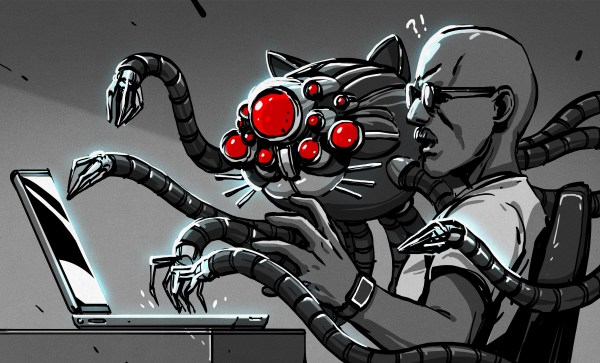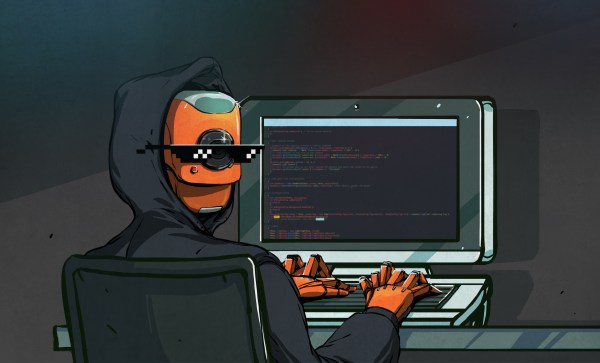These days ‘AI’ is everywhere, including in software development. Coming hot on the heels of approaches like eXtreme Programming and Pair Programming, there’s now a new kind of pair programming in town in the form of an LLM that’s been digesting millions of lines of code. Purportedly designed to help developers program faster and more efficiently, these ‘AI programming assistants’ have primarily led to heated debate and some interesting studies.
In the case of [Jj], their undiluted feelings towards programming assistants like GitHub Copilot burn as brightly as the fire of a thousand Suns, and not a happy kind of fire.
Whether it’s Copilot or ChatGPT or some other chatbot that may or may not be integrated into your IDE, the frustration with what often feels like StackOverflow-powered-autocomplete is something that many of us can likely sympathize with. Although [Jj] lists a few positives of using an LLM trained on codebases and documentation, their overall view is that using Copilot degrades a programmer, mostly because of how it takes critical thinking skills out of the loop.
Regardless of whether you agree with [Jj] or not, the research so far on using LLMs with software development and other tasks strongly suggests that they’re not a net positive for one’s mental faculties. It’s also important to note that at the end of the day it’s still you, the fleshy bag of mostly salty water, who has to justify the code during code review and when something catches on fire in production. Your ‘copilot’ meanwhile gets off easy.













